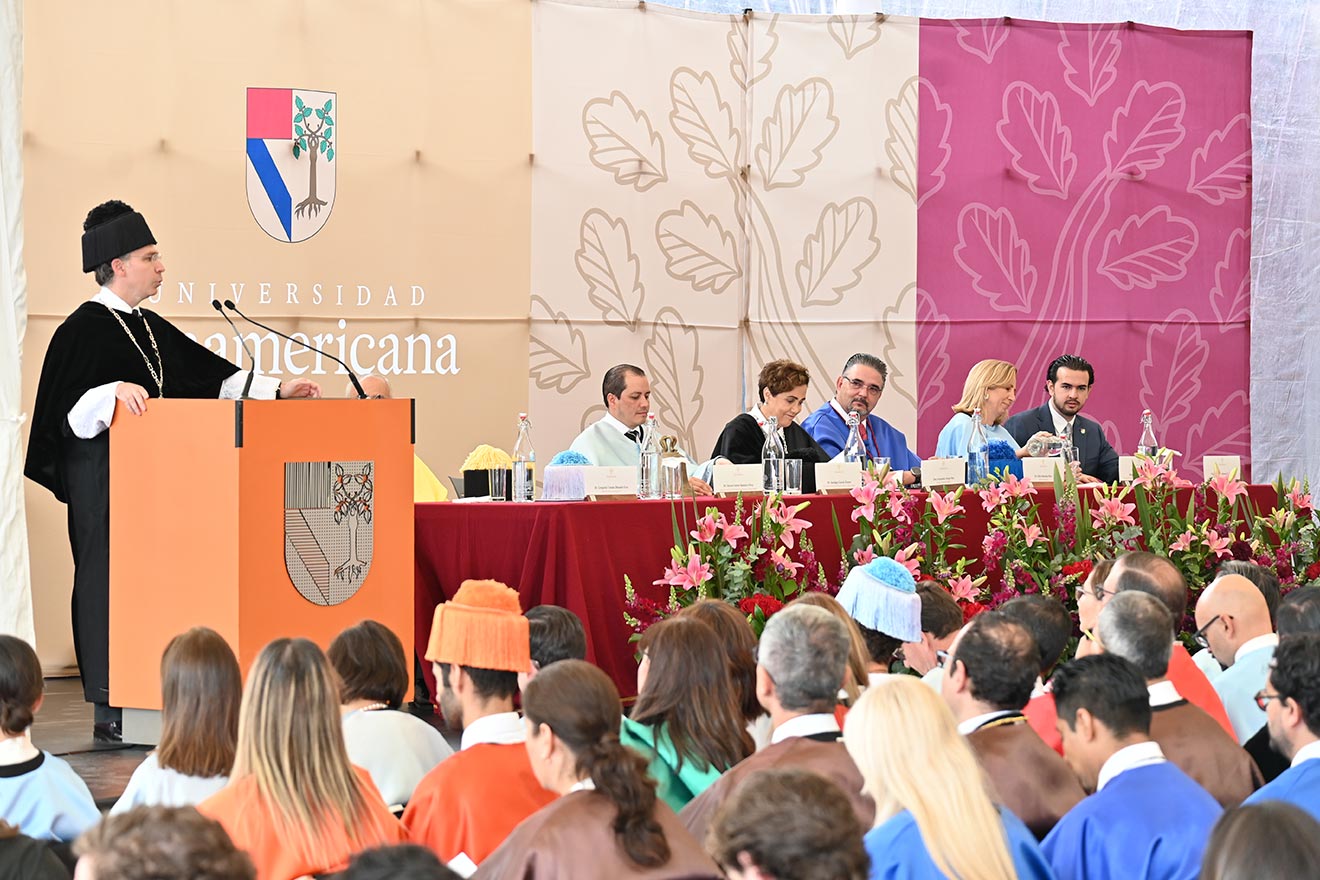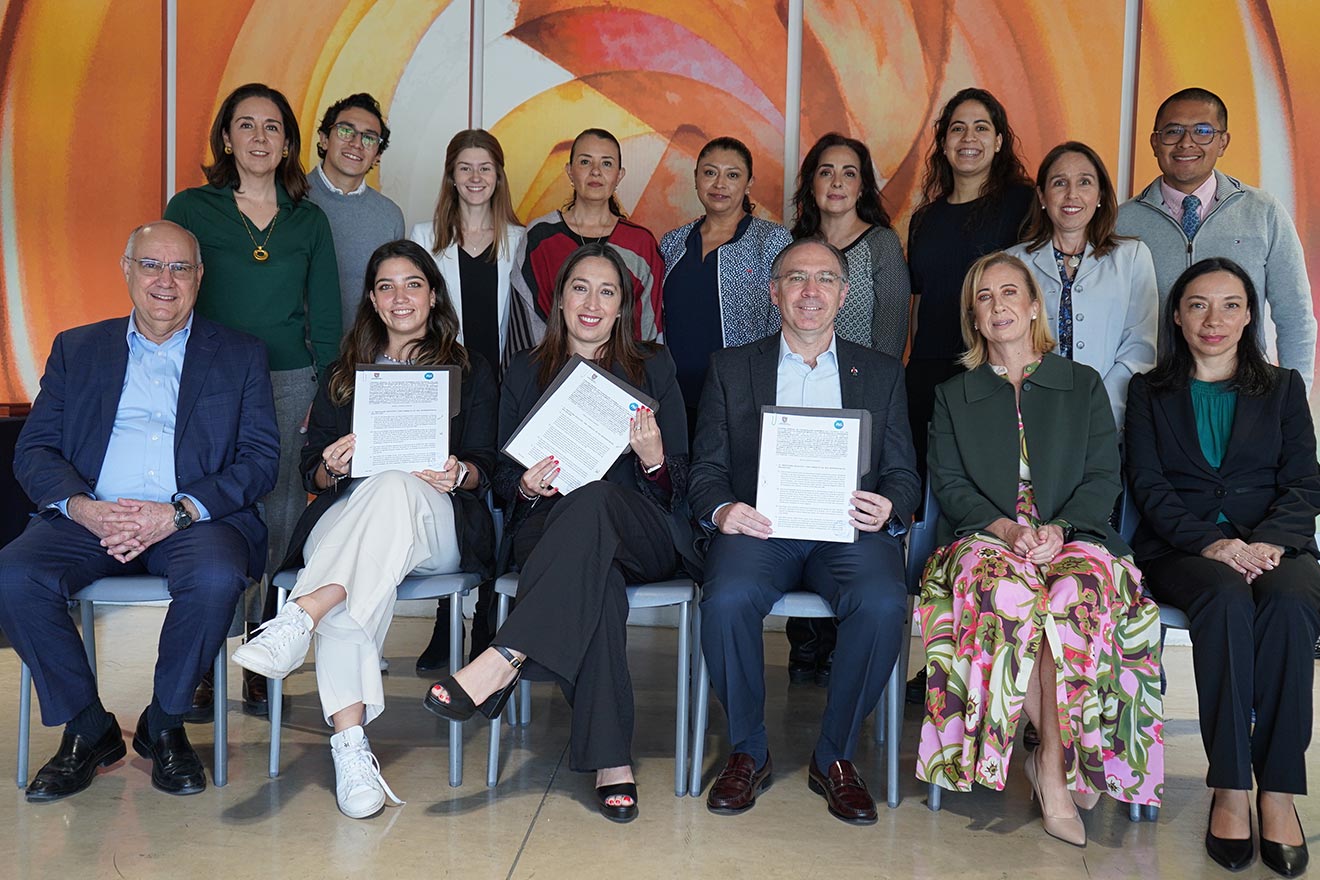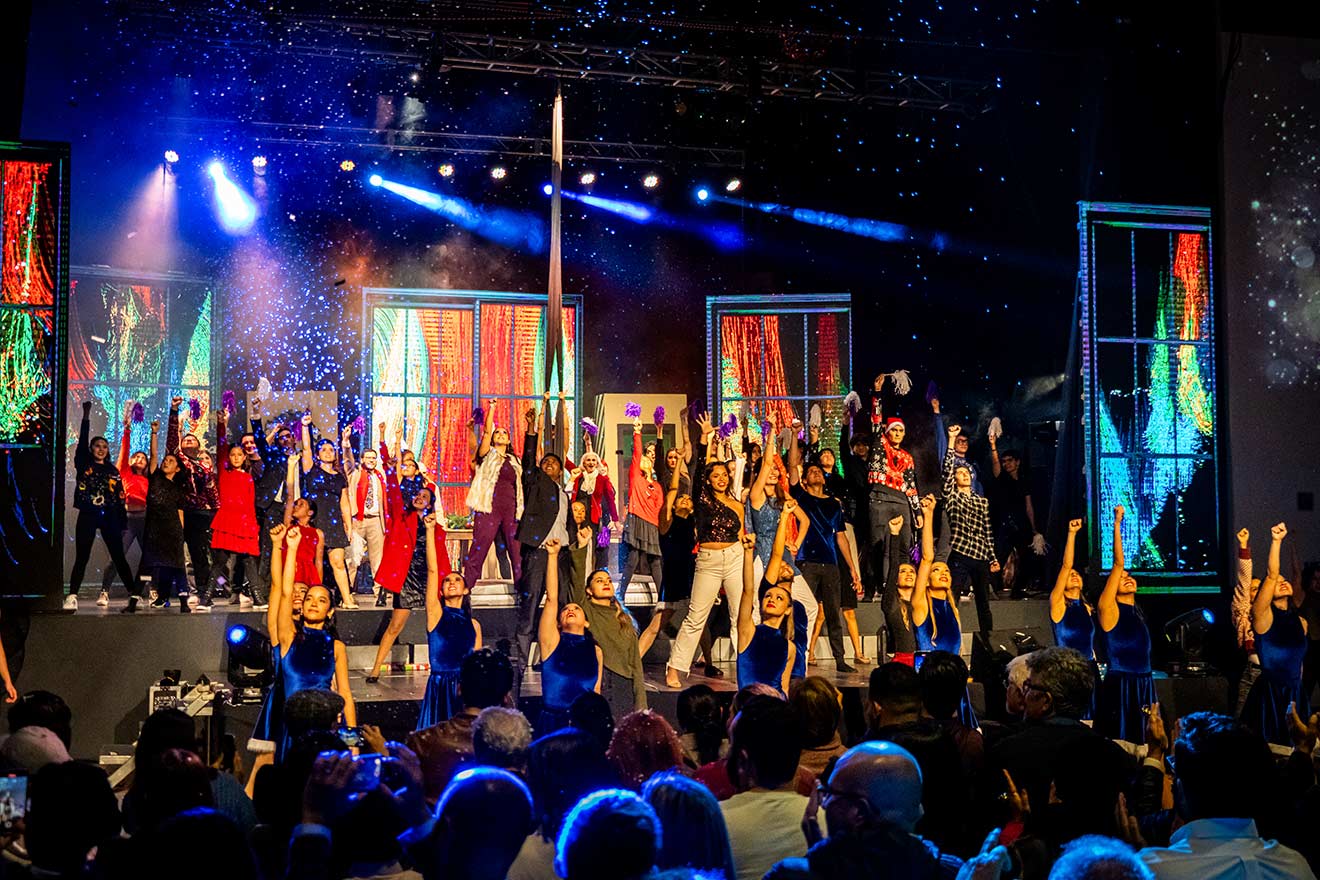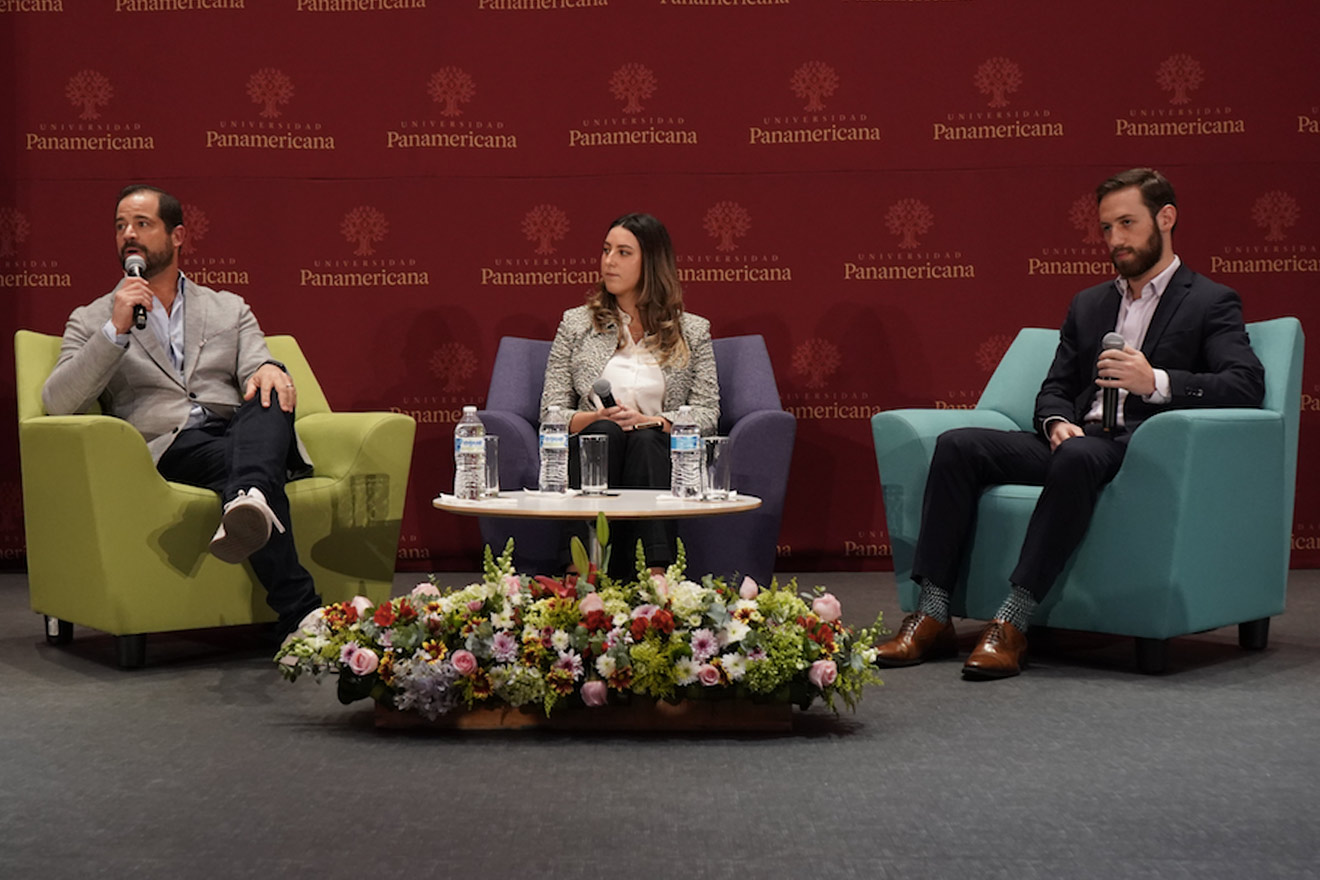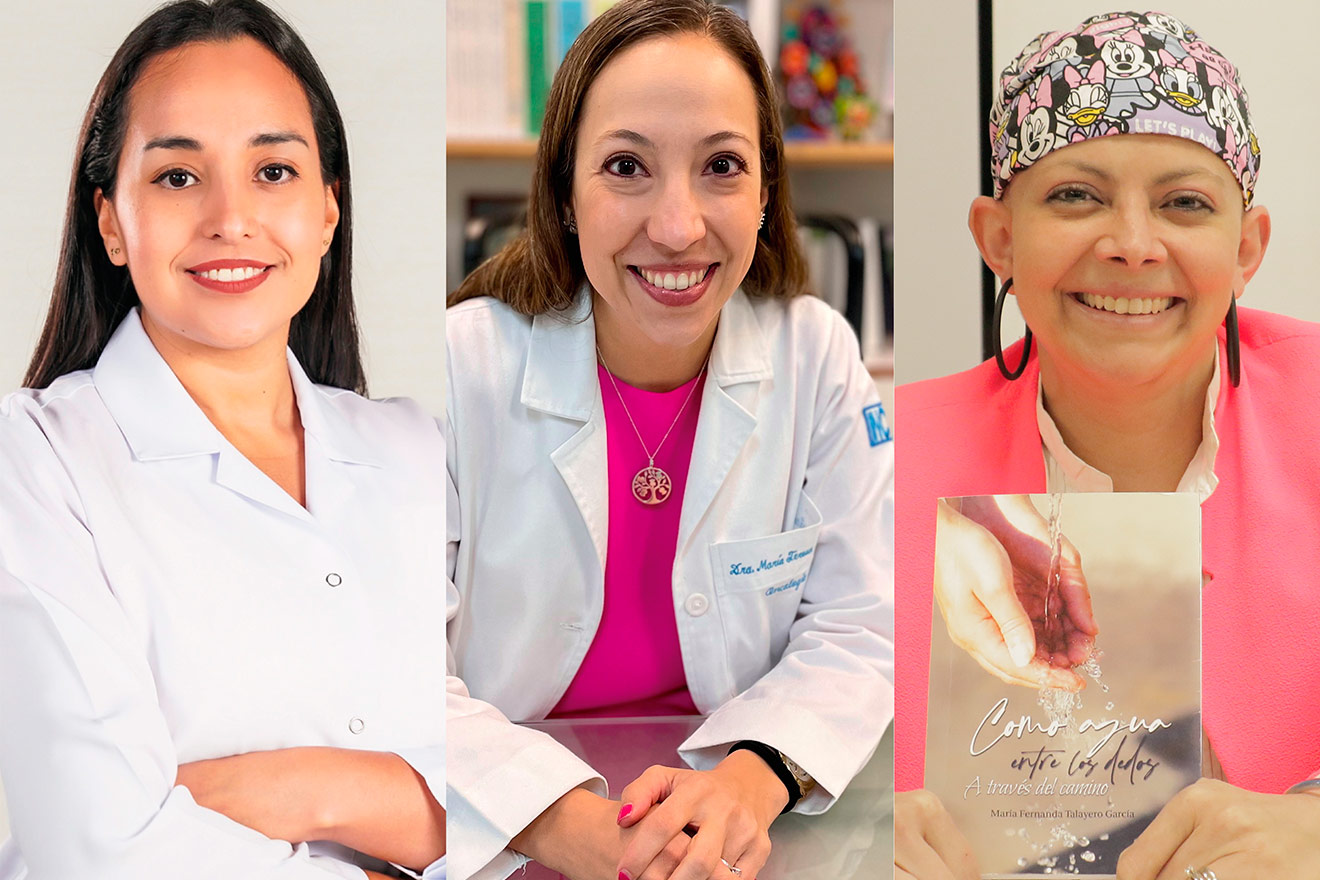Mexico City, February 9, 2023. Smart Center of the Universidad Panamericana held an event in which advisors, who accompany students throughout their careers, were introduced to the implementation of Metaverse for their advising plans.
Fernanda Haro , director of the Smart Center, told the advisors: "For us, an event like this is very important because university advisors are the difference of our campus and our university". She also commented that improvements were implemented in the Educational Innovation Center.
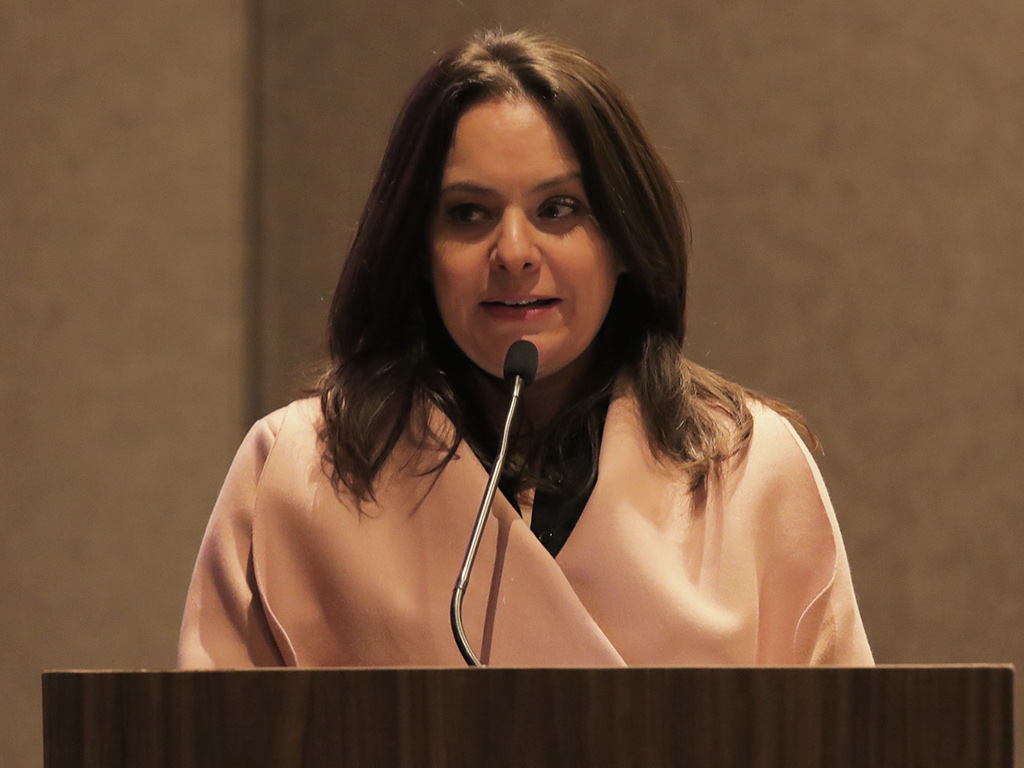
Subsequently, the Vice Rector of Universidad Panamericana, Cecilia Canal, recognized the work and effort of the advisors: "in the work you do with yourselves you strive for constant growth, connection with today's world and learning to be connected to what is happening ".
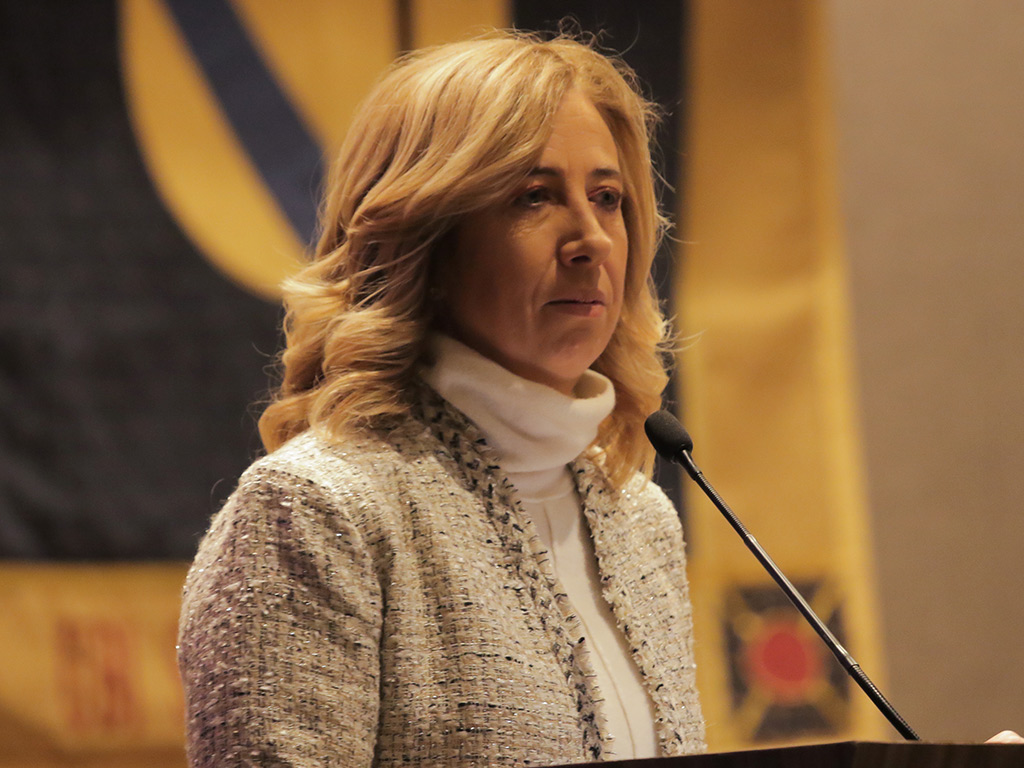
Getting to know the Metaverse
To introduce the advisors, Bernardo Flores, director of the School of Communication's MediaLab, and students Vannia Cabrera Aldana, Karla Roseti Carbajaland Victoria Fabila, who developed a project called Mexiverse specialized in NFT's, explained to the attendees what it consists of and how to use it in a practical and academic way.
Flores explained to the advisors what the Metaverse is and how it was implemented through different functions available to the advisors, such as the avatars that they can use or the simulators that the students can use.
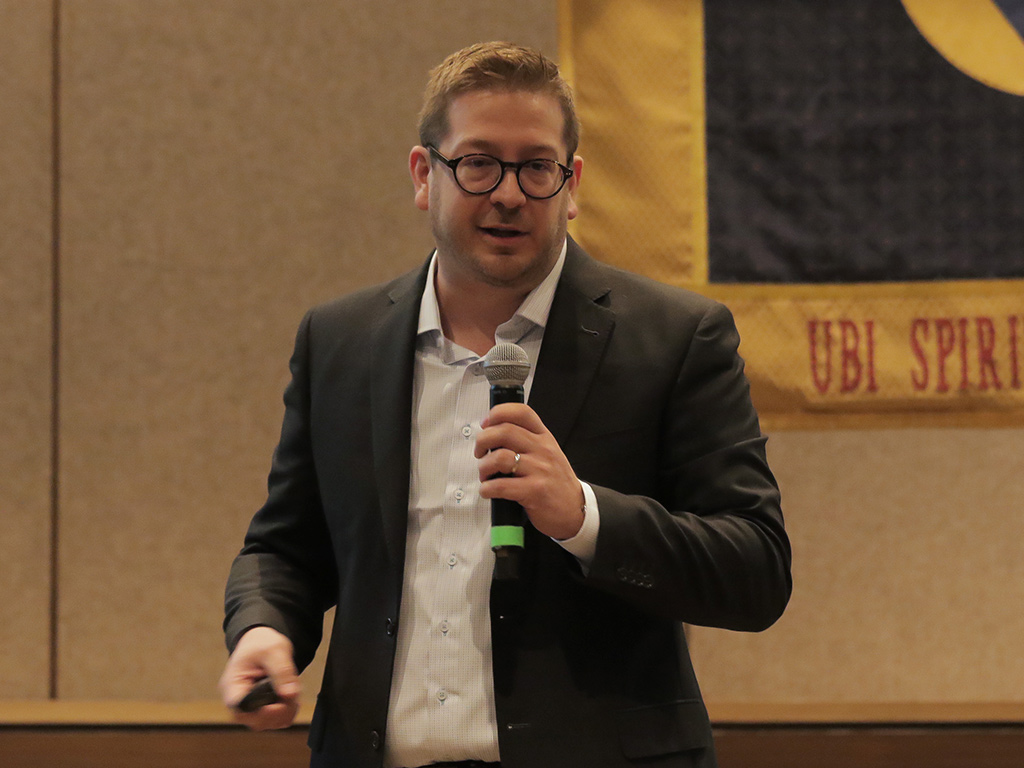
For their part, the Mexiverse team talked about their project within this universe and how they made it to the semifinal of the prestigious Hult Prizea worldwide competition in which university students participate trying to propose a solution to a challenge that is posed annually.
Mexiverse explained a very important part of the metaverse: the NFTs. According to the students, an NFT is a Non Functional Token, a non fungible asset which has a unique value and is incorruptible; in the case of Mexiverse, these are images backed by a code that will make them remain authentic.
To learn more about the project carried out by UP students click here.
Spot: advisors in the Metaverse
Afterwards, Adriana Vera, coordinator of the Smart Center, with a degree in pedagogy from Panamericana, announced that the Center for Educational Innovation, in collaboration with the Smart Center of campus Mexico, designed a place in the metaverse: Spot .
Spot is a space designed to be accessible to anyone with a web browser that allows its user to customize their workspace: "our spatial nature is rescued through having a space that is similar to what we live in," added Vera.
Likewise, Spot provides the opportunity for seamless communication through its spaces; in fact, Vera told the attendees that the CIE already has a virtual office within Spot.
To conclude, Dr. Teresa Nicolás, institutional director of Educational Innovation; Dr. Guillermo Tenorio, member of an interdisciplinary research group on the metaverse and democratic quality; and Ms. Daniela Rojas, graduate in IR from UDLAP and member of a company specializing in the metaverse, answered questions on the topic that served to further orient the advisors.
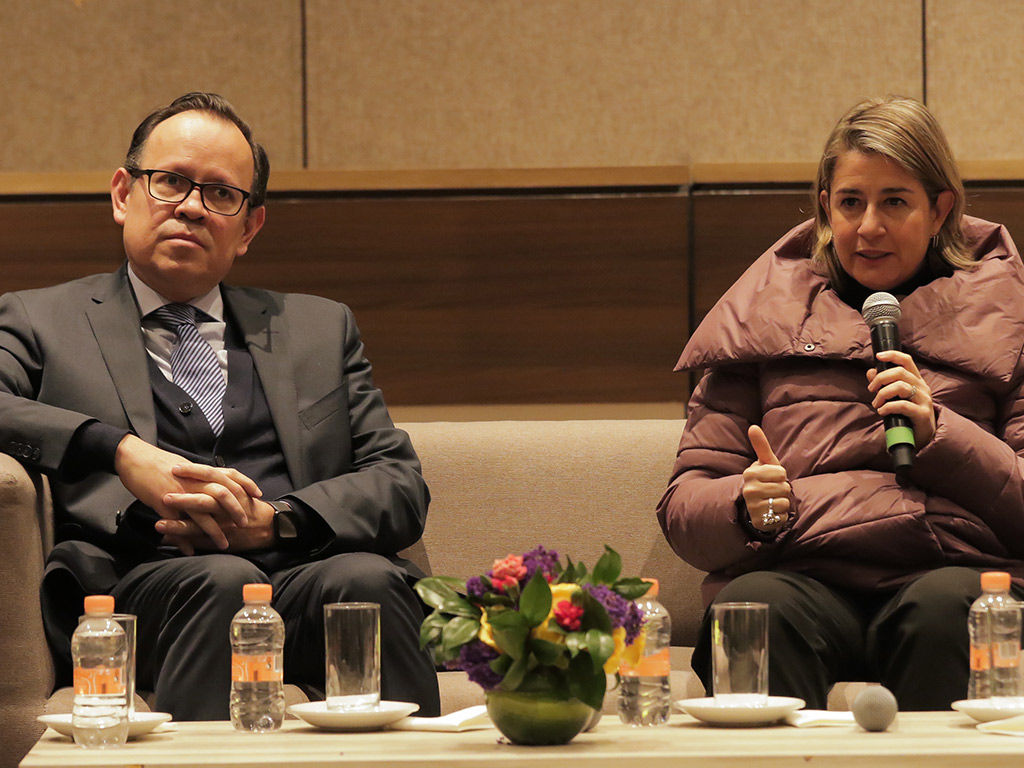
"At Universidad Panamericana we care about educating through the Metaverse and for the Metaverse," said Nicolas celebrating Spot's entry.
Dr. Tenorio, being on a meta-democratic panel , specializes in reviewing the situations within the Metaverse for data protection, democratic and risk situations: "when we do not think in terms of the responsibility of who will handle the Metaverse data, a giant metaverse of possibilities opens up," he warned.
Rojas concluded: "Universities have the role of encouraging the participation not only of students as users, but also of developers, because we not only want to take what they are doing in other countries, but we also want to create experiences that are in line with our contexts".



